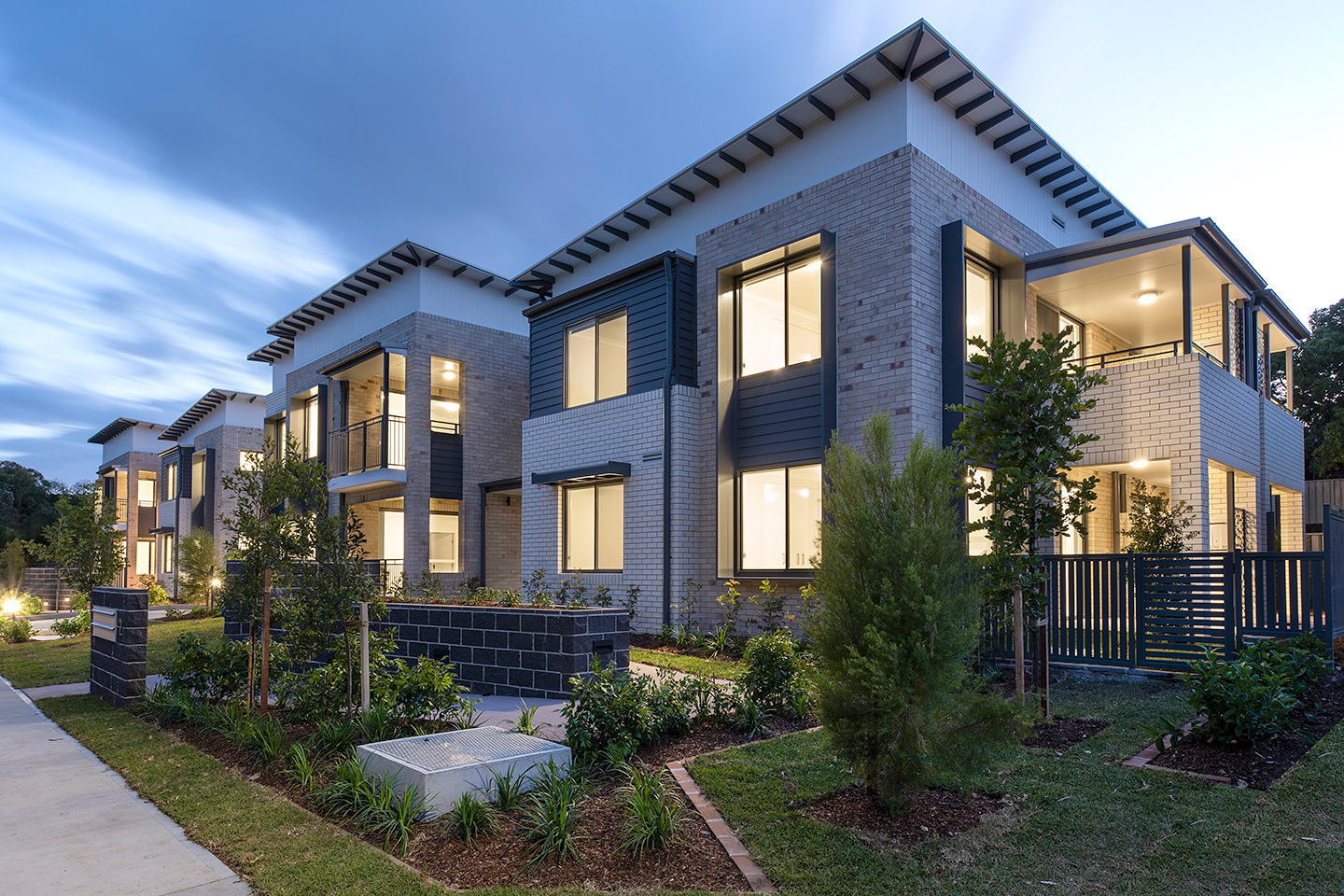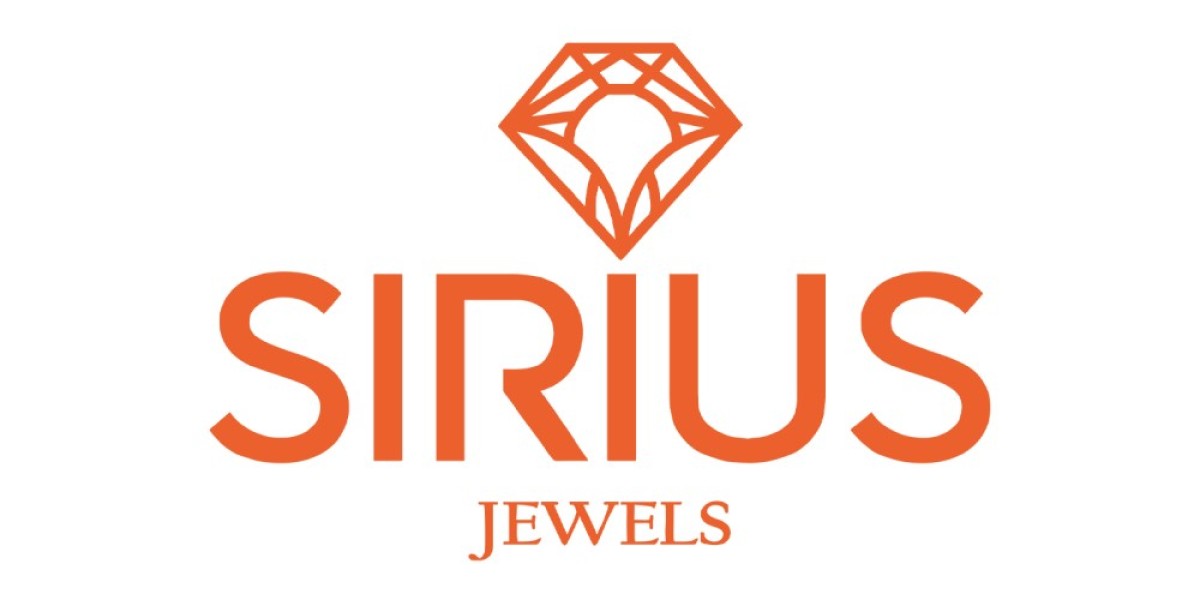
Losing your home does not occur over night. It's a process, and understanding how it works can be the distinction in between monetary catastrophe and a new beginning.
So, what is REO foreclosure? Put simply, it's when a home that has actually gone through foreclosure ends up being the residential or commercial property of the lending institution, generally a bank, after stopping working to cost auction.
But there's so much more to it. Whether you're at threat of foreclosure or simply curious about how it works, this guide will help you browse the actions, unmask myths, and explore your options so you can stay in control.
If you are aiming to offer your home quickly to a Chicago home buyer, Fantastic Homes buys homes without any fees, no commissions, and no hassle! Contact us today for a no-obligation money deal!
To understand your options as a homeowner, it is necessary to know exactly what is REO foreclosure and how it differs from a basic foreclosure.
Understanding REO Foreclosure and How It Affects Homeowners
What Does REO (Real Estate Owned) Mean?
What is an REO foreclosure? It represents "Real Estate Owned," which refers to a residential or commercial property that the bank owns after the foreclosure procedure is total.
If no one purchases the residential or commercial property at the foreclosure auction, it automatically goes back to the lending institution. Unlike standard home sales, REO residential or commercial properties are typically noted at a lower price to sell quickly. For the bank, holding onto the residential or commercial property is a liability-not a property.
What is the distinction in between REO and foreclosure?
The terms "REO" and "foreclosure" are related but describe various phases at the same time.
Foreclosure is the legal process where a loan provider takes ownership of a residential or commercial property after the homeowner defaults on their mortgage. It starts with missed out on payments and can end with the home being auctioned to recuperate the debt.
REO (Real Estate Owned) refers to what happens when the home doesn't sell at the foreclosure auction and the bank formally seizes it. To put it simply, all REO homes have actually been through foreclosure, however not all foreclosures end up being REO residential or commercial properties.

How Homes Become Bank-Owned
A home ends up being bank-owned after the property owner defaults on their mortgage, the loan provider repossesses the residential or commercial property through legal proceedings, and no buyer steps forward throughout the auction.
The auction is the bank's first effort to recover its losses, however if the bids are too low, the bank keeps the residential or commercial property. That's the response to what is a REO foreclosure property-a home that transitions from a standard foreclosure to bank-owned status.
Why Homes Wind Up in Foreclosure
There are many reasons a home may go into foreclosure-job loss, medical emergencies, or just falling behind on payments due to increasing expenses.
When mortgage payments become unmanageable, house owners may feel caught. Understanding this early can empower house owners to act before losing control of the procedure totally.
If you're facing a comparable scenario, think about offering your home for cash to a relied on property agent in Chicago to reduce tension and gain back control of your life and finances!
The Foreclosure Process: What Every Homeowner Should Know
The foreclosure timeline can be overwhelming, however we're breaking it down to make it simpler to comprehend.
Pre-Foreclosure Stage: The Warning Signs of Default
The first phase of foreclosure starts when mortgage payments are missed.
At this moment, you'll generally get late notifications, penalties, and cautions from the loan provider. It's vital to act throughout this phase-lenders often prefer exercising a solution rather than proceeding with foreclosure.

Options like loan forbearance (a short-lived postponement of principal loan payments) or payment plans might still be on the table.
By acknowledging the early indications of monetary distress and understanding what is REO foreclosure, you can take steps to prevent your home from reaching this stage.
What Happens at a Foreclosure Auction
When pre-foreclosure negotiations fail, the lender moves forward with a foreclosure auction.
These auctions are public events where the home is auctioned off to the greatest bidder. However, many auctions lead to no sale because the starting quote is often set at the quantity owed on the mortgage plus fees. If no one satisfies that cost, the home ends up being bank-owned.
When the Bank Takes Ownership: REO Status
Once the bank takes ownership, the home becomes part of the bank's genuine estate stock. The bank clears any liens or debts attached to the residential or commercial property and prepares to offer it-this is the outcome of what is a REO foreclosure.
However, banks generally note these residential or commercial properties "as-is," implying the bank isn't responsible for making any repair work or improvements.
At Fantastic Homes, we'll purchase your home before it reaches this stage, in as-is condition. This implies you can prevent the tension of repair work, upgrades, or the threat of foreclosure entirely, making your home-selling experience quick, basic, and worry-free!
What Is REO Foreclosure And What Happens to a Home Once It Becomes REO?
One of the factors understanding what is REO foreclosure is crucial is that it permits you to do something about it before your lending institution lists the residential or commercial property as an REO sale.
The Bank's Priorities After Taking Ownership
Banks aren't in business of owning homes. Once a residential or commercial property becomes an REO, the bank's main goal is to offer it as quickly as possible to recover their losses.
To achieve this, they might list the home with a property representative or through REO-specific platforms.
Why Banks Sell REO Properties "As-Is"
What is a REO foreclosure sale like? The bank usually won't make repair work or updates before listing the home, even if it's in bad condition. Instead, they offer "as-is" to avoid additional expenses.
This can be a double-edged sword-while the cost may be lower, purchasers should consider the expense of restorations.
For How Long REO Properties Stay on the marketplace
The time it requires to offer an REO residential or commercial property depends on numerous factors, including its area, condition, and the regional genuine estate market.
In many cases, REO homes sit on the market for months and even years if they're in poor condition or priced too expensive.
Common Misconceptions About REO Homes
"Banks Will Fix Everything" - The Truth About Repairs
Among the most significant mistaken beliefs is that banks will repair an REO home before selling it.
This is practically never ever real. Banks intend to reduce their costs, so buyers typically face expensive repair work. It is very important to get a home inspection before making a deal.
Why Some Homes Sit Vacant for So Long
Vacant REO homes may sit for extended periods due to substantial damage, high asking prices, or minimal buyer interest.
Long jobs can result in extra problems like vandalism or weather-related deterioration.
The Reality of Discounted Prices
While REO homes are typically noted below market value, the overall cost can add up when you consider repairs and charges.
Buyers looking for an offer should consider the real expense of bringing the home back to livable condition.
How an REO Home Affects the Former Homeowner
Financial Impact of Losing a Home to Foreclosure
Foreclosure can ravage your credit score, making it difficult to secure loans, rent a brand-new home, and even open credit cards.
A foreclosure remains on your credit report for approximately 7 years, limiting monetary options throughout that time.
Emotional and Practical Challenges After Foreclosure
Losing a home isn't simply a monetary loss-it's an emotional one.
The uncertainty of where to live next and the tension of leaving a familiar space can take a toll on families.
To avoid this overwhelming experience, consider acting as quickly as you expect that you're at risk of foreclosure. Selling your home for cash to Fantastic Homes at a fair market price can help you gain back control and move on with confidence.
Options to Rebuild After Foreclosure
Rebuilding after foreclosure starts with monetary education and support. Credit counseling services can assist develop a plan to recover credit reliability, and lots of renters transition into rent-to-own homes to reconstruct stability.
Options to Avoid REO Foreclosure
Many property owners at risk do not totally understand what is REO foreclosure and presume that as soon as the process begins, they have no control-but this isn't real.
Communicating with Your Lender Early
Lenders prefer to prevent foreclosure-it's expensive and time-consuming.
Connect early to go over choices like forbearance (a momentary agreement in between a loan provider and a debtor to stop briefly or minimize their mortgage payments), loan restructuring, or a payment strategy.
Early communication can open doors to solutions that keep you in your house.

Loan Modification and Repayment Plans
A loan adjustment changes the loan's terms, such as reducing the interest rate or extending the repayment period.
Repayment strategies enable you to capture up on missed payments with time rather than at one time.
The Benefits of a Brief Sale Before Foreclosure
A short sale takes place when a homeowner offers their home for less than the remaining mortgage balance, with the lending institution's approval, before foreclosure is finalized.
This alternative can be a lifeline for property owners struggling to keep up with payments. Short sales normally have a smaller effect on credit history compared to a full foreclosure, making it much easier for homeowners to reconstruct their monetary future.
Additionally, a short sale allows property owners to leave the scenario on their own terms, preventing the tension and preconception typically connected with foreclosure.
Selling Your Home to Avoid Foreclosure
What It Means to Sell "As-Is" for Cash
Selling 'as-is' implies you don't need to spend a penny on repair work or upgrades.
Chicago money purchasers like Fantastic Homes will purchase your home precisely as it is, conserving you both time and hassle.
How Fantastic Homes Makes the Process Easy
Fantastic Homes simplifies the home-selling procedure with all-cash offers, no representative commissions, and no closing expenses.
Our team manages whatever, including documents and charges.
Advantages of Selling Quickly for Cash
A quick money sale can assist you avoid foreclosure, conserve your credit, and provide you the monetary flexibility to begin fresh.
The Risks of Waiting Too Long to Act
Accruing Fees, Penalties, and Legal Expenses
The longer you wait, the more charges, late costs, and legal expenses accumulate.
Damage to Your Credit Score After Foreclosure
Foreclosure can drop your credit rating by hundreds of points, making it difficult to secure housing or loans in the future.
The Stress of Foreclosure Proceedings
Foreclosure proceedings are stressful and can take months, adding emotional pressure to a currently tough circumstance.
Why Selling Your Home for Cash May Be Your Best Option
Save Time and Avoid Repairs
When you offer your home for cash, it's purchased "as-is," indicating no costly repair work or upgrades are needed.
This process removes the stress of fixing problems, staging your home, and dealing with several showings. Instead, you can avoid straight to closing, saving both money and time.
No Agent Commissions or Hidden Fees
Cash sales remove representative commissions and other fees that consume into your home's value.
A Fast Closing Process on Your Timeline
Fantastic Homes uses flexible closing dates, letting you offer your home when it's convenient for you.
Frequently Asked Questions About Selling to a Cash Buyer
Will I Get a Fair Offer?
Yes! Cash purchasers like Fantastic Homes make deals based upon reasonable market value and the condition of your home.
Do I Have to Clean or Fix your home First?
No. Fantastic Homes buys residential or commercial properties "as-is," so you don't need to tidy, stage, or make repair work.
What if I lag on Mortgage Payments?

Selling quickly for money can cover your outstanding mortgage balance and assist you prevent foreclosure altogether.
How Fantastic Homes Supports Homeowners in Difficult Situations
Helping Homeowners Avoid Foreclosure
Fantastic Homes uses options tailored to each homeowner's unique needs, assisting them avoid foreclosure and financial destroy.
Personalized, Compassionate Service
Fantastic Homes takes a thoughtful method, directing you every action of the way during a hard time.
Covering Closing Costs to Lighten Your Burden

Fantastic Homes covers all closing costs, so you do not need to stress about additional expenditures.
Ready to Explore Your Options? Contact Fantastic Homes Today!







